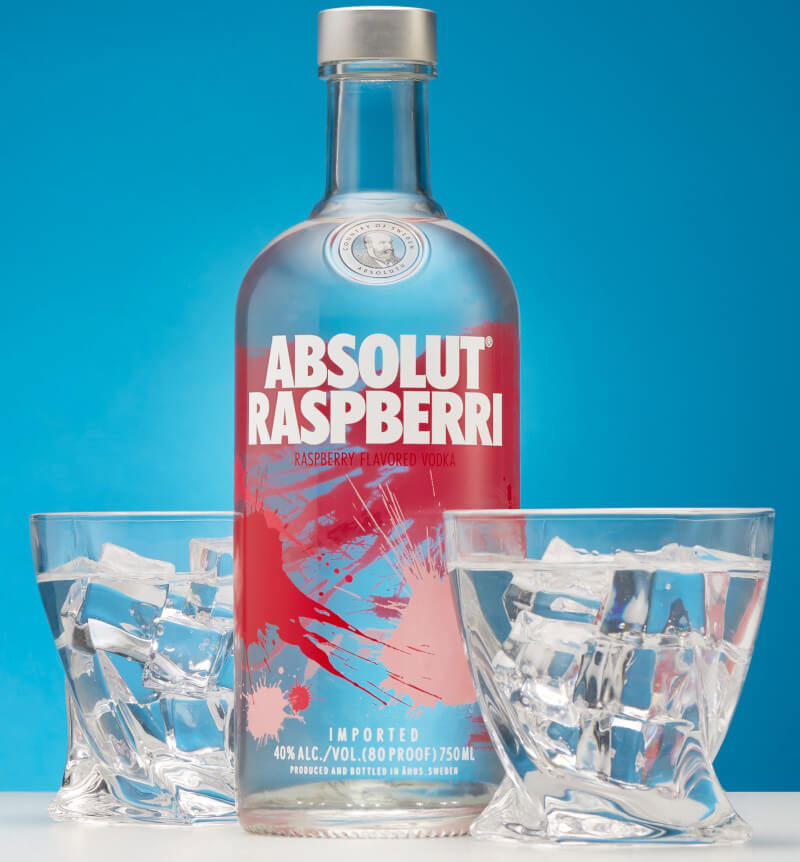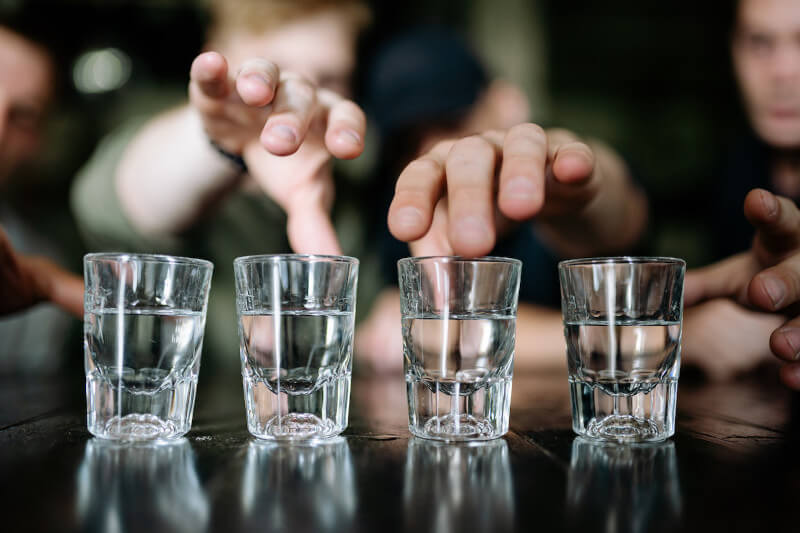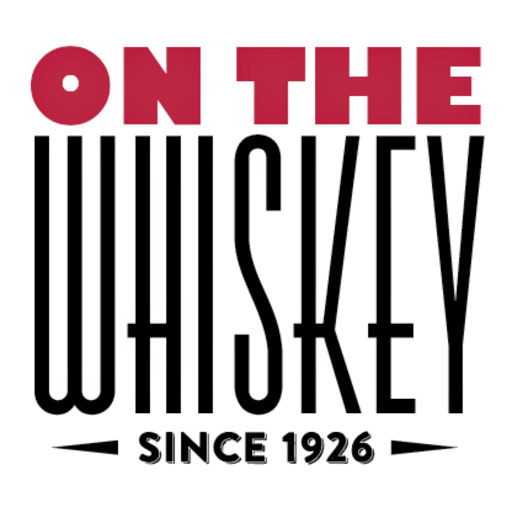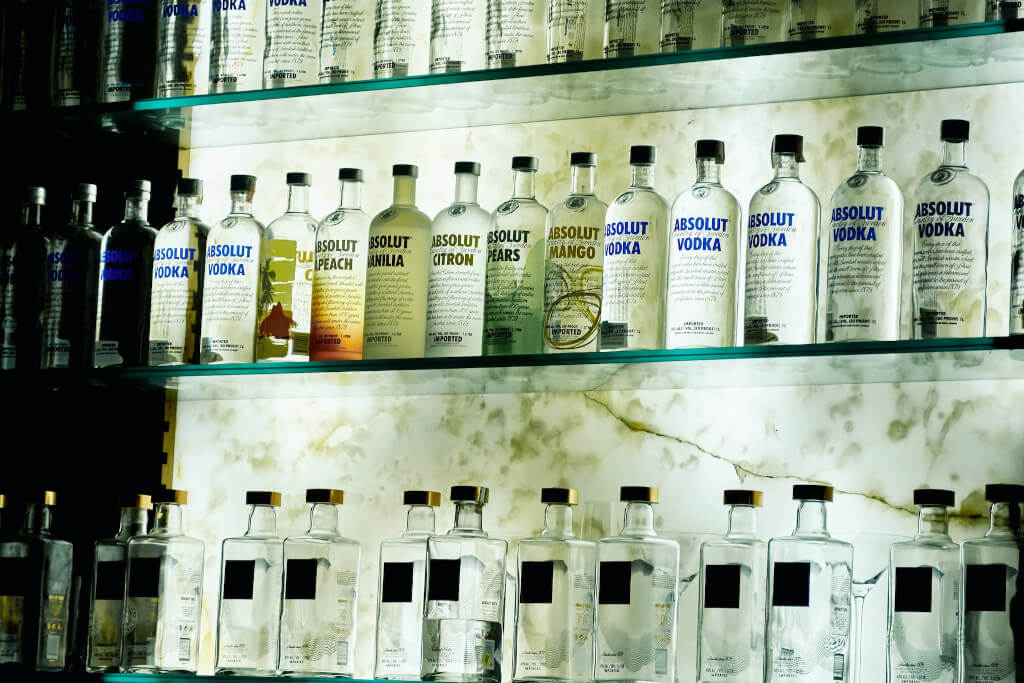As tequila and premium agave spirits sizzle in the limelight, thanks in part to celebrities championing them, vodka’s dominance seems to be waning. Current projections by the IWSR Drinks Market Analysis even suggest that by 2024, tequila might overtake vodka in terms of value in the U.S. market. But is Vodka’s reign coming to an end? Marten Lodewijks, director of consultancy for the Americas at IWSR, paints a different picture. He points out that the U.S. is experiencing a vodka renaissance, with brands like Tito’s Vodka leading the charge.
Redefining Premiumization

Historically, tequila, whiskey, and cognac have enjoyed the luxury of age and scarcity, driving their value upward. Vodka, however, lacks these attributes, making premiumization a tricky venture for the spirit. Instead, vodka’s resurgence may come from its adaptability and versatility. This is not just about creating a high-priced bottle but offering genuine value and innovation. Sunny Vodka’s approach, for instance, aims to debunk the myth that high quality comes with a hefty price tag.
How Does Sunny Vodka Debunk This Myth?
Sunny Vodka has positioned itself uniquely in the market, addressing a longstanding misconception within the spirits industry. Typically, consumers have been conditioned to believe that the price tag directly correlates with the quality of the spirit. This belief is reinforced by luxury brands that often market their products by emphasizing exclusivity, rare ingredients, or elaborate production processes.
Sunny Vodka, however, challenges this norm. By offering a premium-quality product without the premium price, they are strategically realigning the consumer’s perception of value and quality.
- Quality Assurance: The Core of Sunny Vodka’s Mission
Behind every bottle of Sunny Vodka is a commitment to uncompromised quality. The brand likely invests significantly in sourcing the best ingredients, refining distillation processes, and ensuring stringent quality checks. This meticulous attention to detail ensures that every sip of Sunny Vodka meets a high standard.
Yet, instead of passing on the costs associated with these processes to the consumer, Sunny Vodka takes a different route. They seem to prioritize accessibility, aiming for a wider consumer base who can appreciate premium vodka without feeling the pinch in their wallets.
- Market Response and Consumer Perception
This strategy has implications not only for Sunny Vodka but for the spirits market at large. When consumers find a product that offers both quality and affordability, it often leads to brand loyalty and positive word-of-mouth, further strengthening the brand’s position in the market.
Moreover, Sunny Vodka’s approach forces competitors to reassess their pricing and marketing strategies. If one brand can offer top-tier quality without the hefty price tag, it sets a precedent for others to follow, potentially reshaping consumer expectations industry-wide.
- The Implications for the Vodka Market
Sunny Vodka’s strategy emphasizes that premium does not always mean pricey. This approach could pave the way for a more inclusive vodka market, where quality becomes the standard, not the exception. By debunking the myth of price equating to quality, Sunny Vodka not only carves a niche for itself but also sets the stage for an industry evolution that prioritizes genuine value over mere price points.
Flavored Vodka
Innovation is at the heart of the vodka renaissance, and flavored vodka is its poster child. Brands have started to experiment with natural infusions, offering a healthier alternative to traditionally sugary flavored spirits. Ketel One’s Botanical range is an excellent example, addressing the growing health-conscious market with its natural fruit-infused offerings. Such products not only cater to modern tastes but also simplify cocktail-making, reducing the need for additional mixers or sweeteners.
Crafting A Vodka Culture
With Kástra Elión and Chopin pushing for vodka to be enjoyed as a sipping spirit, there’s a growing recognition of vodka’s versatility in mixology. Cocktails, as per Lodewijks, could be the catalyst for vodka’s sustained popularity. With millennials and Generation Z showing a penchant for mixed drinks, vodka has the opportunity to cement its position by being the base for both traditional and innovative cocktails.
Absolut’s Tech-Driven Experiences at Coachella
Coachella, a mecca for music lovers, also serves as an ideal platform for brands to showcase their innovation. Absolut, known for its forward-thinking approach, created tech-driven experiences that combined the virtual with the real. Picture a scenario where festival-goers could wear virtual reality (VR) headsets, transporting them to Absolut’s distilleries in Sweden, all while standing in the Californian desert. Simultaneously, attendees could taste Absolut’s signature cocktails, merging the tactile sensation of taste with the visual immersion of VR.
- Why Vodka Brands are Taking this Route:
- Engagement Over Endorsement: While celebrity endorsements provide visibility, brand activations ensure engagement. A memorable experience, like that offered by Absolut, creates a lasting impression, which translates to brand loyalty and positive word of mouth.
- Staying Relevant in a Competitive Market: With the rise of other spirits like tequila, vodka brands need to continually innovate to stay in the limelight. By offering unique experiences, they ensure that their brand remains at the forefront of consumers’ minds.
If you look at the numbers, Coachella attracts an audience of approximately 250,000 over its two weekends. This massive footfall, coupled with the festival’s global media coverage, ensures that brands like Absolut can potentially reach millions. Add to this the power of social media: festival-goers sharing their experiences can amplify the reach even further. A single brand activation at such an event can garner attention comparable to a large-scale advertising campaign.
At-Home Consumption & RTDs

What could this mean for the beverages we stock our cabinets with? According to Yufe, traditional cocktails are not just popular again in bars and restaurants but also in private homes. She argues that “we’re witnessing the home barman become progressively savvy,” and that this is good news for vodka because “playful and cheeky” drinks are where the spirit shines.
Ready-to-drink (RTD) cocktails, particularly those made with vodka, are quite popular for people to enjoy in the comfort of their own homes. It needs fewer ads and awareness to get individuals on board with them because “they’re more recognizable with customers and were among the first spirits to take advantage of the RTD category in terms of a base,” as Pogash puts it.
This hypothesis was capitalized on by both the White Claw and Truly brands this spring when they released new varieties of both classic and flavored vodka. Lodewijks sees expanding into new categories as a strategy to expand its market share and capitalise on the popularity of its RTD products.
Celebrity Endorsements Can Be A Double-Edged Sword
Celebrity endorsements have been a longstanding tactic in the spirits industry. While vodka did have its moment with brands like Ciroc tying up with celebrities, the recent trend has seen stars gravitating towards tequila. However, this doesn’t spell doom for vodka. The real influence lies in meaningful brand activations, as seen with Tito’s Vodka at the Governors Ball Music Festival or Absolut’s tech-driven experiences at Coachella. It’s less about celebrity faces and more about creating genuine, memorable interactions with consumers.
Numbers Speak For Themselves
Despite the chatter about tequila’s rise, numbers paint a more nuanced picture. In 2022, vodka sales in the U.S. stood at a staggering $76.9 million for nine-liter cases, dwarfing tequila and mezcal’s combined $29.9 million, according to The Spirits Business. While tequila is on the ascent, reports of vodka’s demise might be greatly exaggerated.
Vodka’s renaissance is more about reinvention than mere revival. Its adaptability, coupled with genuine innovations and a focus on quality over mere pricing, will dictate its trajectory in the spirits market. The emphasis is shifting from mere visibility to meaningful consumer engagement. Through innovative brand activations, vodka brands are promoting their products by crafting experiences that resonate, ensuring their legacy in the hearts and minds of consumers. As brands continue to move towards and address modern consumer needs, vodka stands poised for a dynamic and promising future in the American beverage landscape.

